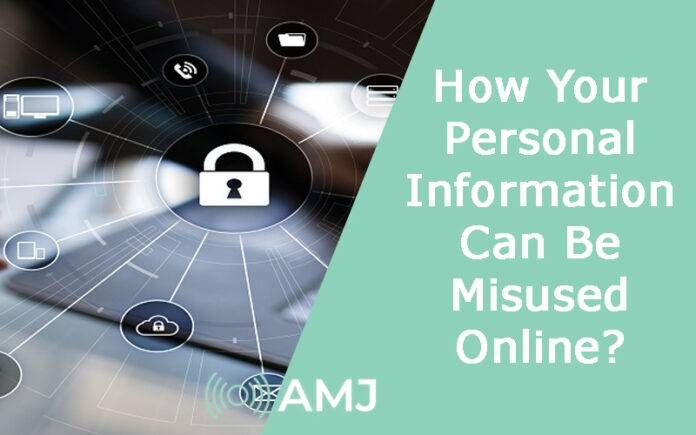Data abuse, unlike data theft, does not always occur as a result of a cyberattack or when data is taken without the owner’s authorization.
Although avoiding data theft by workers is crucial, abusing data frequently means that certain permissions are ignored.
A user may knowingly submit a firm with their personal data, only for the company to use or disclose this information for reasons that the user did not consent to.
Much has been made in recent years about how personal data is gathered and how it is used by third parties, particularly in light of the rising number of data scandals involving some of the world’s largest corporations.
Even ipiratebay.org was also sued many times for data abuse, but that did not demoralize the site.
Contents
What Is Data Misuse?
To provide some background, let us first define data abuse.
It entails exploiting information in ways that the person who gave it did not expect.
Data protection regulations exist to prevent this. They are embedded into all types of policies and agreements you sign, each of which promises to use your information only for the stated purposes.
While data abuse is not the same as data theft, it might result in a data breach if the information is not adequately protected.
Several European data protection authorities have fined Google. For example, France has penalized Google €50 million for confusing data permission practices.
Even Ireland’s Data Protection Commission is looking into charges that Google provided personal data to advertising in contravention of the GDPR.
How Your Personal Information Can Be Misused Online?
Misuse of information or information systems inside a company might result in unintended data breaches.
When employees lack proper data handling procedures, data abuse occurs frequently. Employees who copy private work files or data to their own devices expose such material outside of its intended, protected setting.
This data can be stolen or mistakenly disclosed if suitable safeguards are not in place.
Errors in data collection might potentially lead to data abuse. For example, inaccurate algorithms can lead to a corporation collecting data it never intended to collect, harming customers, and putting enterprises out of compliance.
Another example of information abuse is incorrect filing. Depending on how your systems categorize them, some datasets may be kept in areas where they are available to unethical teams or people.
Even innocuous information mismanagement can lead to data breaches. However, you can protect your company against leaks and assaults by knowing how to utilize and handle data safely.
How To Prevent Online Information From Being Misused?
- Verifying the identity of each person that seeks to access your system is a critical step in protecting your data, whether it is about your organization or your customers. Use multi-factor authentication (MFA) to ensure that only trusted individuals access your data.
- Monitoring a workforce continuously is a demanding undertaking, especially in large firms. Therefore, look for solutions with alert capabilities to warn security of any potentially dangerous events.
- Activity monitoring systems may supplement logs and improve security by continually seeing when and how each person interacts with data. Administrators can properly evaluate whether or not any user actions have malicious intent when they have a comprehensive view of user activity.
- Keeping your staff informed about data security might help to prevent accidental leaks and abuse. Outline your data procedures and conduct data security training activities to enhance awareness.
- Customers want to know that their data is secure, but they also want to utilize your services and apps without interruption. Therefore, providing a safe yet seamless client experience necessitates the incorporation of identity and access management into your consumer-facing technologies.
Conclusion
Legislators all across the globe are working to identify and combat data abuse. But, right now, determining what rights individuals have over how firms and governments utilize their personal data is complex.
A worldwide agreement is difficult to achieve since countries and governments treat data privacy differently. However, as our legal obligations develop, we can all do our best to avoid data abuse by adhering to best data security and integrity practices.
For further questions, ping us in the comment section.












![Index of Money Heist [Season 1, 2, 3 & 4 – All Episodes, Cast and Plot] Index of Money Heist](https://www.asiamediajournal.com/wp-content/uploads/2021/05/Index-of-Money-Heist-3-100x70.jpg)